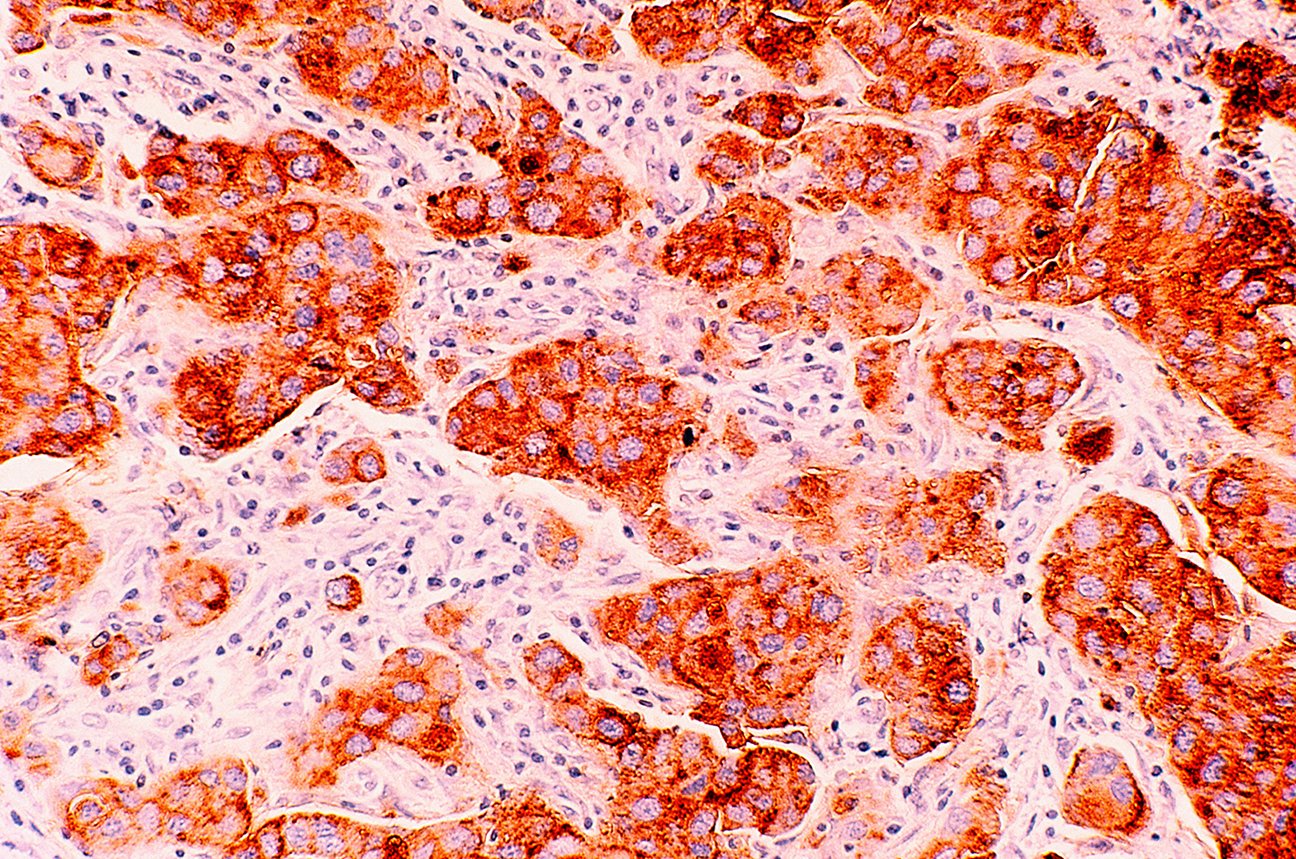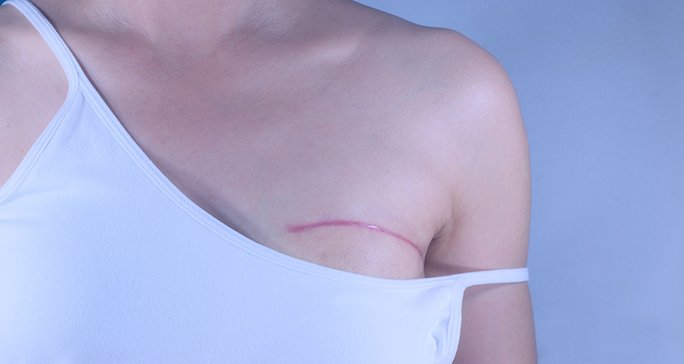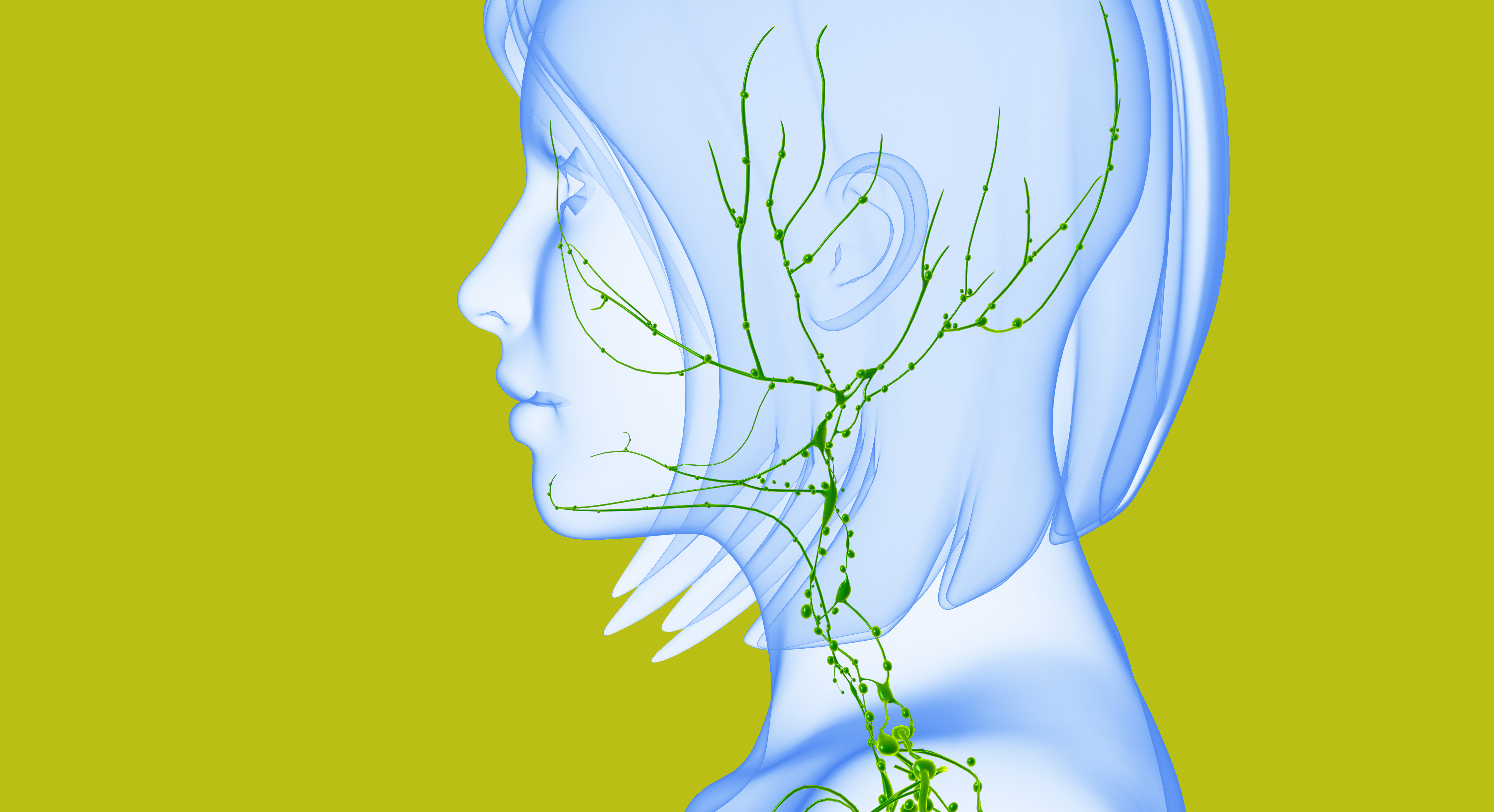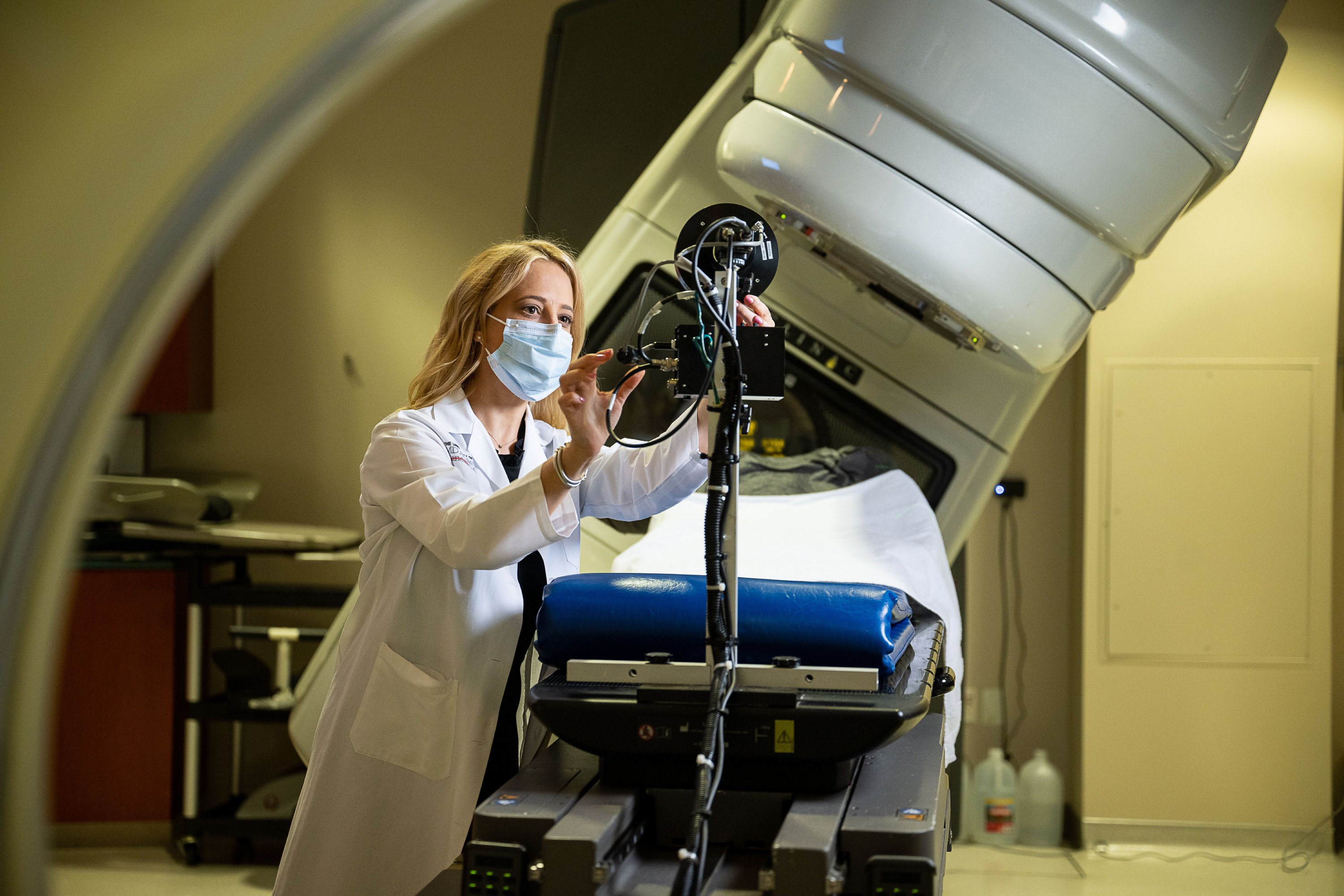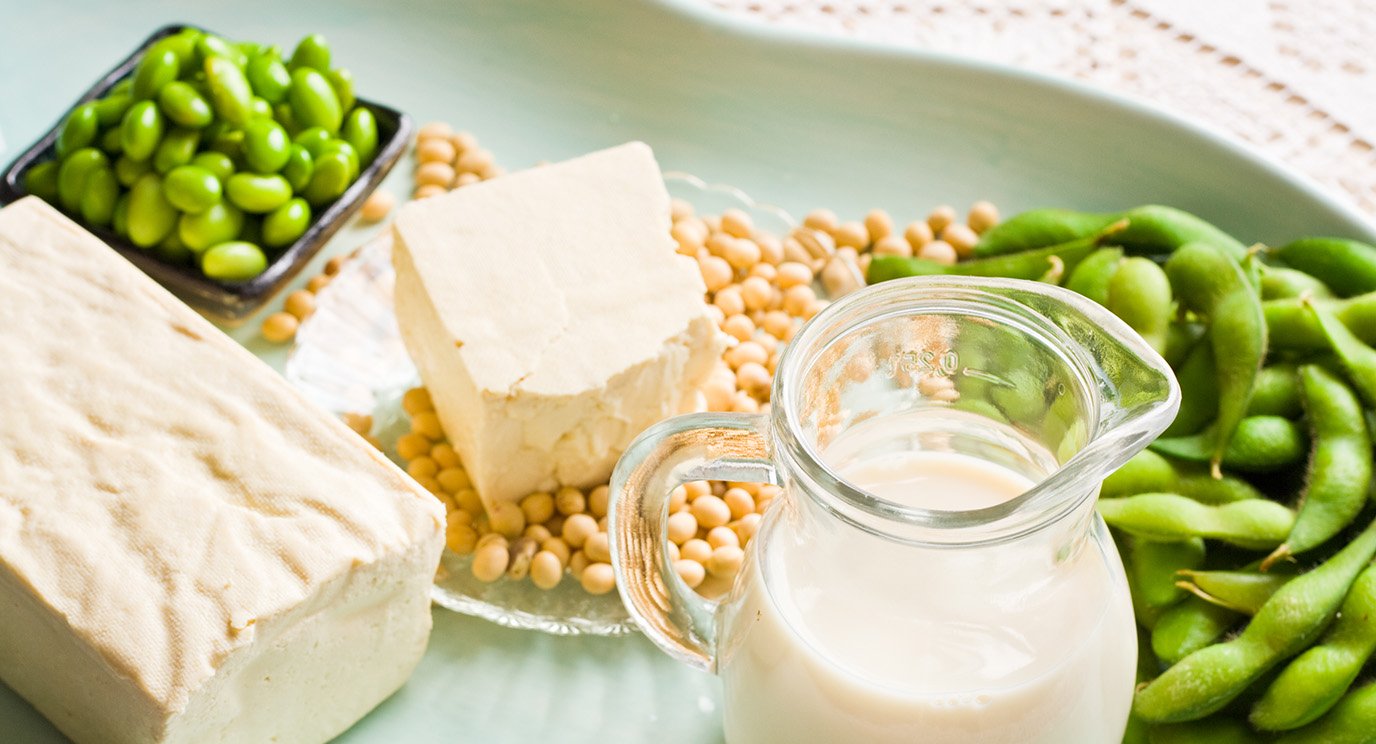- Diseases
- Acoustic Neuroma (16)
- Adrenal Gland Tumor (24)
- Anal Cancer (70)
- Anemia (2)
- Appendix Cancer (18)
- Bile Duct Cancer (26)
- Bladder Cancer (74)
- Brain Metastases (28)
- Brain Tumor (234)
- Breast Cancer (728)
- Breast Implant-Associated Anaplastic Large Cell Lymphoma (2)
- Cancer of Unknown Primary (4)
- Carcinoid Tumor (8)
- Cervical Cancer (164)
- Colon Cancer (168)
- Colorectal Cancer (118)
- Endocrine Tumor (4)
- Esophageal Cancer (44)
- Eye Cancer (36)
- Fallopian Tube Cancer (8)
- Germ Cell Tumor (4)
- Gestational Trophoblastic Disease (2)
- Head and Neck Cancer (14)
- Kidney Cancer (130)
- Leukemia (342)
- Liver Cancer (50)
- Lung Cancer (286)
- Lymphoma (278)
- Mesothelioma (14)
- Metastasis (30)
- Multiple Myeloma (100)
- Myelodysplastic Syndrome (60)
- Myeloproliferative Neoplasm (6)
- Neuroendocrine Tumors (16)
- Oral Cancer (102)
- Ovarian Cancer (178)
- Pancreatic Cancer (162)
- Parathyroid Disease (2)
- Penile Cancer (14)
- Pituitary Tumor (6)
- Prostate Cancer (150)
- Rectal Cancer (58)
- Renal Medullary Carcinoma (6)
- Salivary Gland Cancer (14)
- Sarcoma (238)
- Skin Cancer (302)
- Skull Base Tumors (56)
- Spinal Tumor (12)
- Stomach Cancer (66)
- Testicular Cancer (28)
- Throat Cancer (92)
- Thymoma (6)
- Thyroid Cancer (100)
- Tonsil Cancer (30)
- Uterine Cancer (86)
- Vaginal Cancer (18)
- Vulvar Cancer (22)
- Cancer Topic
- Adolescent and Young Adult Cancer Issues (22)
- Advance Care Planning (12)
- Biostatistics (2)
- Blood Donation (18)
- Bone Health (8)
- COVID-19 (360)
- Cancer Recurrence (120)
- Childhood Cancer Issues (120)
- Clinical Trials (628)
- Complementary Integrative Medicine (22)
- Cytogenetics (2)
- DNA Methylation (4)
- Diagnosis (240)
- Epigenetics (6)
- Fertility (62)
- Follow-up Guidelines (2)
- Health Disparities (14)
- Hereditary Cancer Syndromes (128)
- Immunology (18)
- Li-Fraumeni Syndrome (8)
- Mental Health (122)
- Molecular Diagnostics (8)
- Pain Management (62)
- Palliative Care (8)
- Pathology (10)
- Physical Therapy (18)
- Pregnancy (18)
- Prevention (940)
- Research (390)
- Second Opinion (78)
- Sexuality (16)
- Side Effects (616)
- Sleep Disorders (10)
- Stem Cell Transplantation Cellular Therapy (216)
- Support (408)
- Survivorship (330)
- Symptoms (182)
- Treatment (1794)
5 little-known breast cancer facts
3 minute read | Published June 24, 2025
Medically Reviewed | Last reviewed by Therese Bevers, M.D., on June 24, 2025
Breast cancer is one of the most common cancers in women. But there are still some things you might not know about it.
We spoke with Therese Bevers, M.D., medical director of MD Anderson’s Lyda Hill Cancer Prevention Center, about some little-known breast cancer facts. Here are five that might surprise you.
1. Breast cancer doesn’t always appear as a lump.
Breast cancer in its earliest stages doesn’t usually have any symptoms.
“That’s why we recommend getting an annual mammogram starting at age 40,” notes Bevers.
When symptoms do appear, a lump is typically the most common. But breast cancer doesn’t always show up in that form. So, be on the lookout for the other symptoms listed below — and report any you might see to your doctor right away.
- Swelling in or around your breast, collarbone or armpit
- Redness, a thickening of the skin, or a change in texture (peau d’orange) in or around your breast
- Warmth or itching in the breast
- Nipple changes, such as dimpling, retraction or scaling
- Nipple discharge
2. Your chances of having breast cancer are higher if you have a male relative who’s had it.
You might be more likely to develop breast cancer if you have a male relative who’s been diagnosed with that disease. This is especially true if it’s a close blood relative, such as a father, brother or son.
Why? “Because it’s likely due to a mutation such as BRCA1 or BRCA2, which significantly increases your risk of developing breast cancer over your lifetime,” says Bevers.
If you fall into this group, talk to your doctor about genetic testing to find out if cancer runs in your family. You may be eligible for high-risk cancer screenings.
3. Maintaining a healthy weight can reduce your breast cancer risk.
Did you know that being overweight or obese — especially after menopause — can raise your cancer risk?
“Being overweight increases your risk of more than 10 different cancers, including breast cancer,” says Bevers. “It sets up an inflammatory environment in the body, and inflammation is thought to be at the root of many cancers.”
To reduce your cancer risk and manage your weight, it’s important to eat healthy foods and stay active. Stick with a diet rich in fruits, vegetables, beans, nuts, seeds, whole grains and lean proteins. Also, try to fit in at least 150 minutes of moderate physical activity a week, plus strength training twice per week.
4. You don’t need to learn how to do a breast self-exam.
Don’t worry if you never learned how to do a breast self-exam.
“Studies show that doing a monthly breast self-exam isn’t necessary,” says Bevers. “In fact, women who did not do them — but instead mentioned any changes they noticed — ended up catching cancer just as early. That’s why we recommend breast awareness instead.”
Breast awareness means paying attention to how your breasts look and feel, especially at different times of the month. And, if you notice any changes while you’re dressing, showering or even scratching, pay attention — and report them to your doctor right away.
“Stand naked in front of a mirror and raise your arms,” adds Bevers. “It can be as subtle as one breast puckering in that position when the other one doesn’t — especially if it never did before. It’s not just about how your breasts feel, but also how they look.”
5. Drinking alcohol can increase your breast cancer risk.
For cancer prevention, it’s best not to drink alcohol. Alcohol is a toxin, and drinking any amount can damage your body and increase the risk for several cancers, including oral cancer, throat cancer, colorectal and esophageal cancers, as well as liver and breast cancers.
It can also change the balance in your gut biome, which supports your immune system.
“The body breaks down ethanol — or alcohol — into acetaldehyde,” explains Bevers. “That is a known carcinogen, or substance that causes cancer. Alcohol can also cause inflammation.”
If you choose to drink, be aware of the risk, aim to drink less often and have fewer drinks. The less alcohol you drink, the lower your cancer risk.
Request an appointment at MD Anderson online or call 1-855-799-3647.
Related Cancerwise Stories

It’s not just about how your breasts feel, but also how they look.
Therese Bevers, M.D.
Physician

